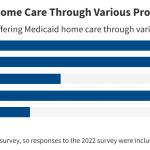
Medicaid Home Care (HCBS) in 2025
This issue brief provides an overview of what Medicaid home care (also known as “home- and community-based services” or HCBS) is, who is covered, and what services were available in 2025.

This issue brief provides an overview of what Medicaid home care (also known as “home- and community-based services” or HCBS) is, who is covered, and what services were available in 2025.
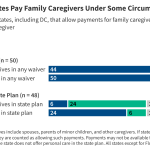
Medicaid home care programs offer various supports to family caregivers such as paid caregiving, self-directed services, respite care, and caregiver training. This issue brief describes the availability of self-directed services and supports for family caregivers in Medicaid home care in 2025, before most provisions in the reconciliation law take effect.

Policy changes, anticipated increases in premium costs for enrollees, and new standards for health savings accounts may encourage consumers to seek out plans with lower premiums but higher deductibles. This issue brief explores the features of bronze and catastrophic plans, coverage and costs, and the complicated choices consumers face.
The post When Should You Call an Ambulance? Key Signs of Medical Emergencies appeared first on Medifyhome.
The post Tetanus Vaccine Symptoms and side effects appeared first on Medifyhome.
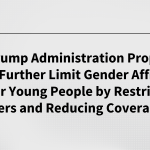
This brief examines two proposed federal rules that would further restrict youth access to gender affirming care. One rule would change the hospital Conditions of Participation (CoPs) which would prohibit most Medicare and Medicaid enrolled hospitals from providing certain types of gender affirming medical care for young people and the other would prohibit federal Medicaid…
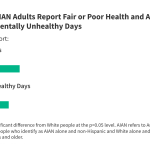
AIAN individuals experience significant health disparities compared to their White counterparts. People who identified as AIAN alone have shorter life expectancies (70.1 vs 78.4 years at birth), higher rates of chronic diseases, and higher rates of suicide deaths and substance use disorder.
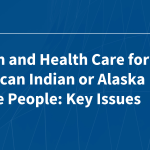
Due to a combination of lower coverage rates, additional access barriers, and historical and ongoing discrimination, AIAN people continue to face significant disparities in health and health care.

This brief provides an overview of the role of PBMs in managing pharmacy benefits, discusses recent federal legislation focusing on several elements of PBM business practices, and explains the potential federal budgetary impact of this legislation, which would have a relatively modest impact on the federal deficit, based on available CBO estimates.
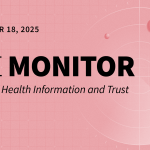
Nearly two weeks after a CDC advisory panel voted to end the recommendation for newborn hepatitis B vaccination, conversations about vaccination schedules and parental choice remain elevated. Meanwhile, narratives about an FDA memo alleging COVID-19 vaccines caused 10 pediatric deaths have shifted toward claims of a government cover-up.